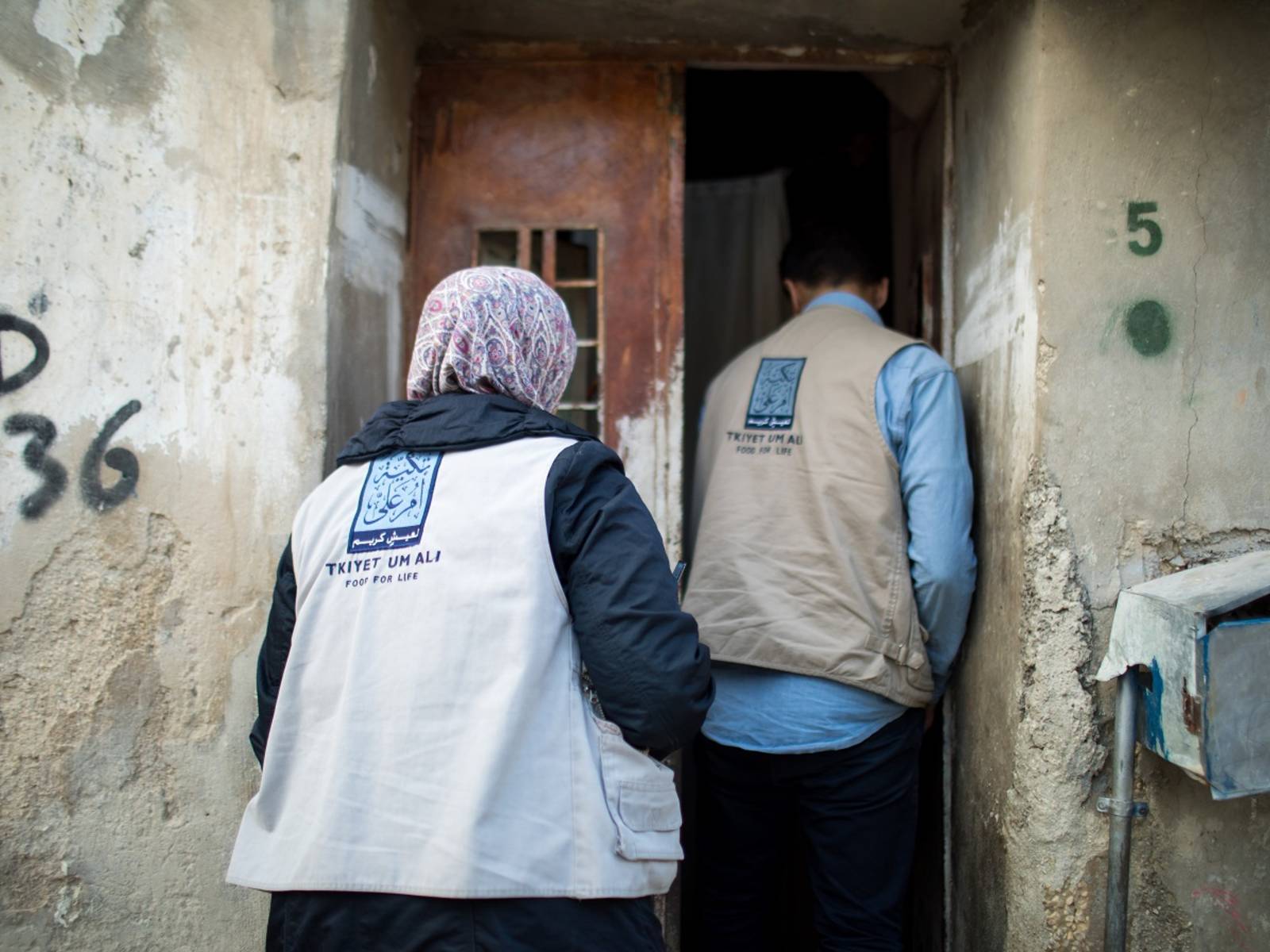What is Sadaqah Jariyah?

Have you ever wanted to help poor people and those in need? And to be rewarded for it? You can do that by giving Sadaqah Jariyah, but what is Sadaqah Jariyah? Read below to learn more.
Imagine investing in a project that keeps bringing you income every month; passive income. It is a one-time capital investment that yields profits as long as the investment is running and is of value.
This is precisely how Sadaqah Jariyah works; you invest a sum of money for once to give Sadaqah that is sustainable and continuous, and the reward you get in exchange is long-lasting.
Therefore, the significance of Sadaqah Jariyah lies in the fact that the Muslim can help poor people for a long period and be rewarded as long as the help is provided and the benefits are granted to those in need. Additionally, the value of the Sadaqah Jariyah increases with time as well.
Sadaqah and Zakat are associated with the obligatory deeds and optional ones in Islam, and they play a great role in helping poor people and providing them with good living conditions. Sadaqah has many types, one of them being Sadaqah Jariyah, which this article is about.
Sadaqa Jariya Meaning
The Prophet - peace be upon him - said: "When a human being dies, all one's deeds cease but three: a Sadaqah Jariyah, [religious] knowledge [one leaves behind] from which others benefit, and a righteous child who prays for one" (Muslim).
Sadaqah is regarded as voluntary spending with the aims of helping poor people and those in need, or in any other aims that are applicable to Zakat, and that is only after giving Zakat that is obligatory by Islamic Sharia.
The Muslim individual can pay Sadaqah even if they were not eligible to pay Zakat; that is because there is no specific amount of money "Nisab" that the Muslim's savings need to reach in order to be eligible to pay Sadaqah, which is unlike Zakat that has its Nisab specified by Islam.
In other words, Sadaqah is paid based on the Muslim's desire to give money voluntarily and their ability to do so, all with the condition of their Niyyah (hearts) to give Sadaqah to receive reward from God.
Sadaqah Jariyah is one of the many types of Sadaqah that is special for its continuity and its remaining positive impact, whether it was a plot of land along with its crops, a water well, or a Waqf that has a constant benefit for poor people.
So, Sadaqah Jariyah is invested only once, but its impact lasts for an extended time for those benefiting from it, and it is much similar to Waqf, but they differ in Niyyah, as the Muslim's Niyyah when giving Sadaqah Jariyah is to give money to get reward from Allah.
The General Iftaa' Department in Jordan has declared the following in regards to Sadaqah Jariyah: "Waqf (religious endowment) is keeping the property and giving its benefit to charity, and Sadaqah Jariyah (continuous charity) is interpreted by some scholars to mean endowment as Ar-Raafi said, "It doesn't mean bequest of giving the yields of things in charity because it is rare. "
When to Give Sadaqah Jariyah?
The time of giving and donating Sadaqah Jariyah is associated with the needs of the poor and those in need and the Muslim's ability to spend money for the sake of God. There is no specific time to give Sadaqah Jariyah, which is unlike the case with Zakat.
Taking into account that this type of Sadaqah is continuous, its impact lasts for the long run with no cutoffs in regards to the benefits it brings. Accordingly, Sadaqah Jariyah is associated with continuity and long-term impact rather than a specific payment date, enabling the Muslim individual to give Sadaqah Jariyah at any time of the year.
The Amount of Sadaqah Jariyah
There is no specific value or amount for neither Sadaqah in general nor Sadaqah Jariyah in particular; therefore, there is no specific way Muslims should follow to calculate how much they need to pay for Sadaqah Jariyah.
What specifies the amount of money that Muslims should pay in Sadaqah Jariyah is how much money they can spend, and it has no Nisab. Meaning that the personal savings of the Muslim individual do not have to reach a certain sum of money for them to be eligible to pay Sadaqah Jariyah, unlike the case with Zakat.
This allows for flexibility as this type of Sadaqah only depends on the financial ability of the Muslim individual and the expenses that must be paid for in the process of establishing and preparing for Sadaqah Jariyah.
For example, when specifying a plot of land for agriculture in order to dedicate the crops to the needs of the poor, the Muslim individual needs to provide the amount of money required for the land plot, and the contribution of more than one Muslim is possible, with no limitation on the minimum or maximum amount of money that each one of them has to provide, which solely depends on the financial ability of each individual.
Who Must Give Sadaqah Jariyah?
Muslims are not obligated to donate Sadaqah Jariyah, but it is preferable if they do since it helps keep society stable and achieve solidarity and the reward that Muslims receive through Sadaqah Jariyah.
